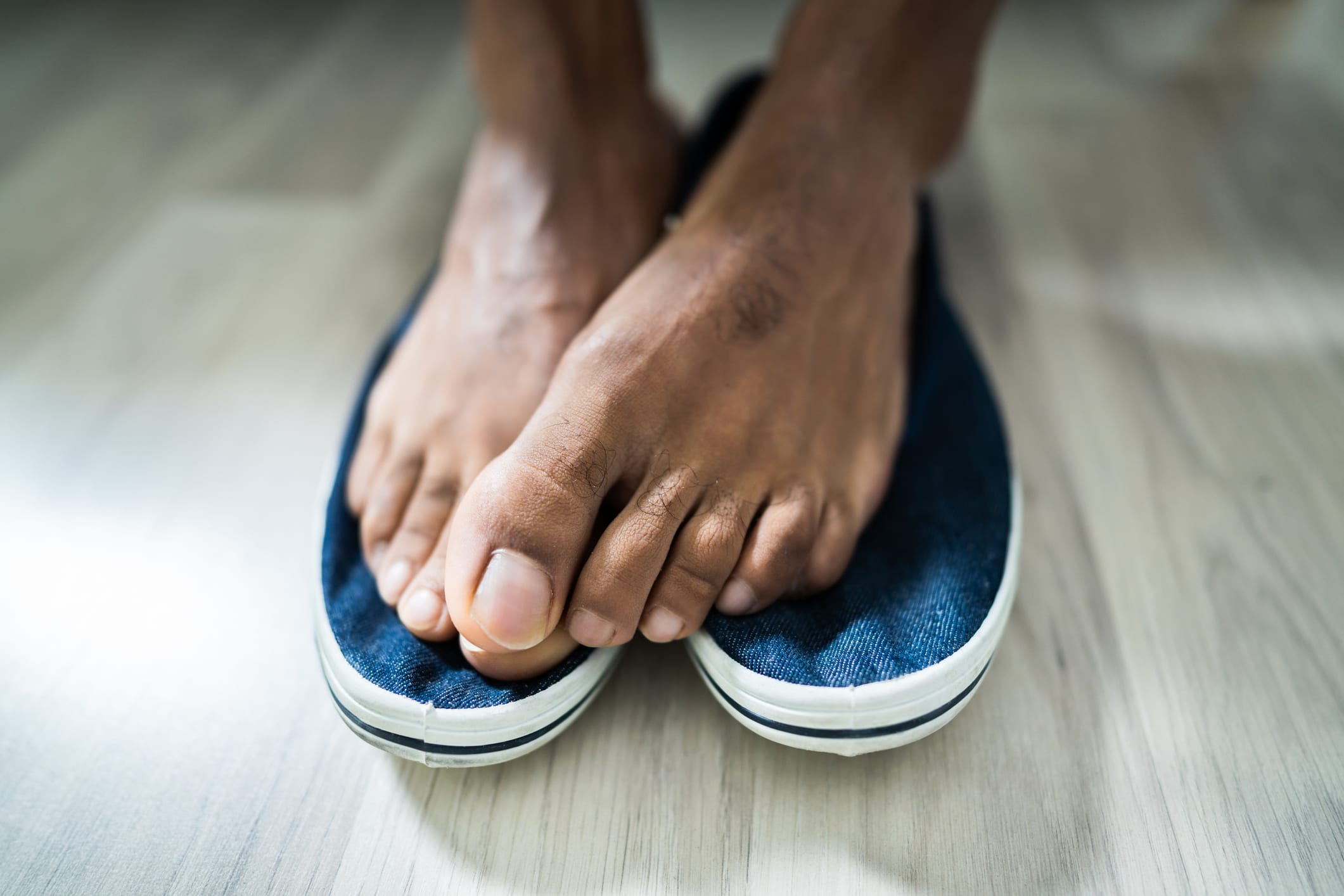by d-mars.com News Provider
Diabetes management and foot care go hand in hand.
“Diabetes can cause nerve damage and poor circulation that puts people at risk for a wide range of foot problems,” says Barry I. Rosenblum, DPM, FACFAS, foot and ankle surgeon and Fellow member of the American College of Foot and Ankle Surgeons (ACFAS). “For people with diabetes, small foot problems like minor cuts, corns, calluses and ingrown toenails can turn into serious complications if not addressed quickly.”
To help you prevent diabetes complications, ACFAS is offering the following dos and don’ts of diabetes foot care.
Do
• Inspect your feet daily — including the bottoms — for cuts, blisters, redness, swelling or nail problems. You may need a mirror or the assistance of a loved one in order to examine your feet from every angle.
• Regularly moisturize your feet to avoid itching or cracking.
• See a foot and ankle surgeon for regular foot exams to prevent complications. Ongoing preventive care can reduce the risk of toe or foot amputation by 45-85 percent.
• Keep the blood flowing to your feet. Wiggle your toes and move your ankles for five minutes, two or three times a day.
• Shake out your shoes and feel for objects inside your shoes before wearing them. You may not feel a small foreign object when your shoe is on your foot, particularly if you suffer from diabetic peripheral neuropathy also known as nerve damage.
• Maintain healthy blood sugar levels. High blood sugar levels can lead to diabetic peripheral neuropathy and Charcot foot, a condition in which the bones of the foot are weakened enough to fracture.
Don’t
• Don’t use heating pads, hot water bottles or electric blankets. You can easily burn your feet without noticing.
• Don’t put your feet in hot water before testing it with your hand first.
• Don’t try to remove corns or calluses at home. Visit your foot and ankle surgeon for appropriate treatment.
• Don’t wear tight, elastic or thick, bulky socks.
• Don’t let your feet get wet in snow or rain. Wear warm socks and waterproof shoes in the winter.
• Don’t walk barefoot, even at home! You can easily get a scratch or cut.
For more foot care information or to find a foot and ankle surgeon in your area, visit FootHealthFacts.org.
“Taking proper care of feet is extremely important for those suffering from diabetes,” says Dr. Rosenblum. “Following these dos and don’ts and scheduling regular preventive care visits with a foot and ankle surgeon can help keep feet healthy and avoid serious complications.”
Source: StatePoint








